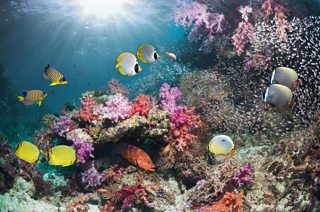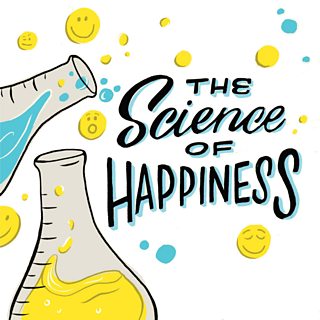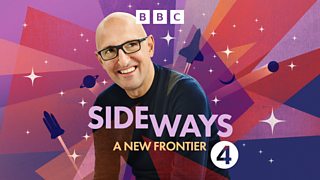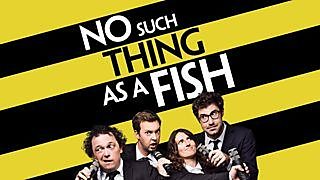Why encounters with wildlife help our wellbeing
Safe encounters with wildlife can deepen our appreciation for nature, and for other people. It can help with our mood, lower stress levels, and this can in turn make us feel more connected to each other.
In the podcast The Science of Happiness, executive producer Shuka Kalantari speaks to environmental researcher Liz Lev about how spending time in wild spaces can help our wellbeing.
We’re not as different from wildlife as we think.
In an urban park in Seattle, Washington, Liz Lev has been exploring the benefits of observing wildlife and immersing oneself in nature. Seattle’s Discovery Park spans over 500 acres and features a range of different ecosystems, including a forest, natural meadows, and a beach. Liz and her research team developed a study where they asked park visitors to describe meaningful interactions they’d had with nature.

“We were not surprised to see encountering wildlife coming up as the most meaningful interaction,” she says. “Looking at our evolutionary history, humans and non-human nature have been deeply interconnected for our entire existence as a species. Only in our relatively recent history have we started to perceive ourselves as something separate from or even in dominion over non-human nature.”
For many of us who have been deprived of these interactions, encountering wildlife in this setting “pokes at something deep within us”, she says.
Engaging with wildlife helps us connect with other people.
The respondents to Liz’s study also said something she didn’t expect. “Many shared the ways that their nature interactions led to more positive social interactions, which we thought was special enough to include in this research, even though that wasn't what we were looking for,” she says.
Participants spoke about how their wildlife encounters deepened their bonds with the people they visited the park with, such as family, as well as strangers they met during their visit.
“We think that if we could get more people to interact with wild nature, they'll grow up with that perspective that we are interconnected; that maybe we don't want to continue to cause such harm to something that is essentially a part of us.”
Documentary filmmaker Craig Foster, who also joined The Science of Happiness podcast, knows all about these kinds of wild encounters. In his award-winning film My Octopus Teacher, Foster tells the story of the relationship he formed with an octopus while deep sea diving.
“The closest word that I can get to describe it, which doesn't quite do it, is kin,” he says. “You feel this tremendous kinship, and in very rare sort of moments of grace, you see a part of yourself. I think it activates a deep love for the wild, for nature, and for all its tremendous intricacy and sophistication and wonder.”
-
![]()
Jon Holmes Says The C-Word
When Jon was diagnosed with cancer, he realised men don't talk openly it. So he decided he would...
-
![]()
Sideways
Matthew Syed explores the ideas that shape our lives
-
![]()
No Such Thing As A Fish
The researchers behind the hit show QI discuss the best facts they鈥檝e found each week
-
![]()
Secret Mum Club
Welcome to the Secret Mum Club, the ultimate space for all mums to share their secrets.





